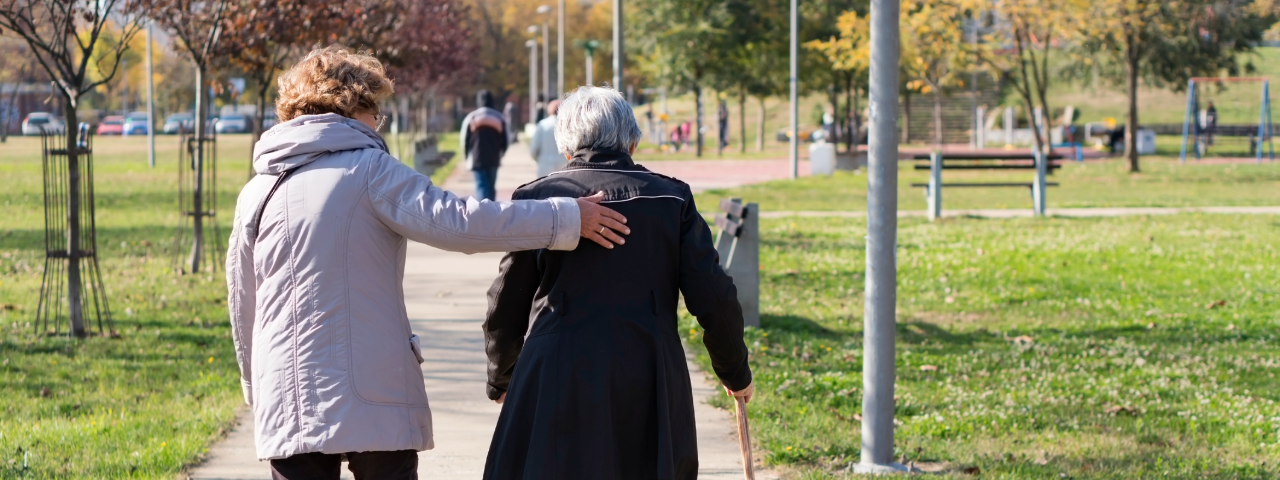Zapping the Nerves to Steady the Hand
Body
Tremor is one of the most common movement disorders, affecting more than 15 percent of adults. Individuals who have been diagnosed with Parkinson’s disease or essential tremor can experience difficulty performing Activities of Daily Living (eg, eating, bathing, dressing, etc.), which negatively affects quality of life. Tremor also makes it difficult to do everyday tasks such as type on a smartphone, prepare a meal or put on makeup.
Traditionally, medication and surgery have been the only two ways of managing tremor. Each of these options is problematic. Their effectiveness decreases over time, few patients are eligible and they come with unwanted side effects. Clearly, patients with tremor need new options for managing it, and José Pons, PhD, is leading the search for them.
Dr. Pons’ research reveals that stimulation of the neuropathways bringing sensory information to the brain reduces tremors, even for those with the most severe symptoms. Having patented his innovative technology, he and his team are studying additional ways to use this technique to help patients improve their quality of life.
Dr. Pons is currently leading a study specifically exploring this treatment in patients with Parkinson’s disease. Using engineering principles, he aims to refine the technology for tremor management.
Meet the Researcher: José Pons, PhD
Body
José Pons, PhD leads a translational research team that is applying the most advanced methods for measuring — and restoring — lower-limb function in diverse patient populations. He’s renowned for his work in wearable robotics and neuroprosthetics for patients with spinal cord injury, stroke and Parkinsonism. He has developed methods for studying balance and tremor in patients with Parkinson’s disease and essential tremor; created robotic manipulators and mobility devices for children with cerebral palsy; modified computer cursors for patients with limited mobility; and developed movement sensors for patients who have lost limbs through amputation.
Prior to joining Shirley Ryan AbilityLab in 2019, Dr. Pons directed the Neural Rehabilitation Group, Department of Translational Neuroscience, Cajal Institute (Madrid). He received his BS in mechanical engineering, University of Navarra, and PhD in physics, Complutense University of Madrid.


